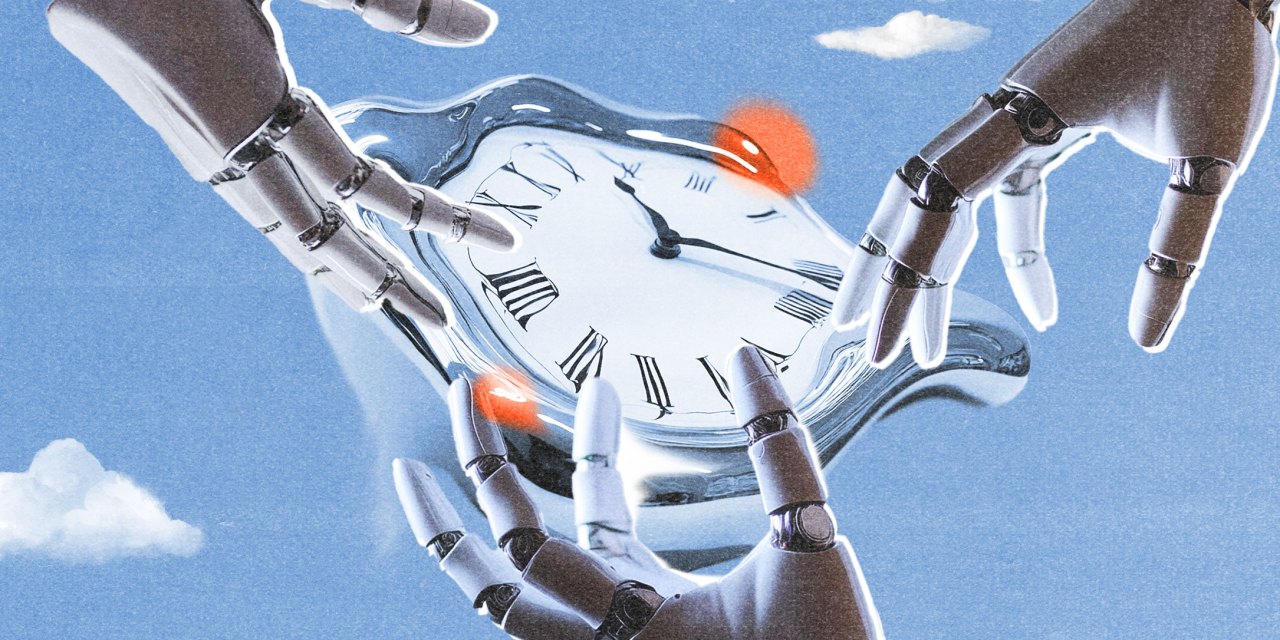AI and company culture dominate job interviews as DEI takes a back seat

An analysis of more than 1 million job interviews reveals a telling shift in hiring conversations, with AI and workplace culture — including remote work and RTO mandates — emerging as dominant themes while interest in DEI has waned.
The findings, published in Metaview’s “Year in Interviews Trends Report,” provide choice intel for HR professionals who must navigate an evolving and highly competitive landscape for finding talent.
“Nowhere are the motivations and driving forces of today’s job market more laid bare than in conversations between interviewers and candidates,” said Metaview co-founder and CEO Siadhal Magos. “As AI continues to change the face of what virtually every job looks like, organizations are increasingly seeking out candidates who are future-proofing their skills.”
Equally, candidates want assurance that their potential new employers will help them succeed in this new AI era. “With AI dominating discussions, it’s clear that employers are prioritizing candidates who possess strong AI skills, as they are vital to future-proofing their businesses — and candidates know this and will likely ask questions around such skills,“ said Amanda Czepiel, head of content at HR data and insights provider Brightmine. “Prospective employees, in turn, are increasingly interested in career development opportunities and the chance to grow with new technologies and will likely be asking about what a prospective employer offers to grow them professionally.”
Metaview’s report, which considered job interviews across more than 2,000 companies globally in 2024, highlighted a dramatic 35% increase in AI-related discussions compared to the previous year, with candidates increasingly taking the initiative to showcase their AI capabilities without prompting. The trend reflects the broader transformation of workplace skills as AI literacy becomes essential across myriad roles.
As the topic of AI is top of mind, the tech is showing growing acceptance by recruiters as well as job seekers. Nearly 6 in 10 HR professionals now use AI to write job descriptions and conduct candidate screening, while about the same number say they are comfortable with prospective employees using AI to create their applications, according to a recent survey of 500 HR managers by resume-building site MyPerfectResume.
Diversity in the bull’s-eye
The Metaview report also reveals a stark realignment in how workplace culture is treated in interviews.
Significantly, mentions of DEI plummeted some 30% year over year. At the same time, such programs have become a lightning rod among conservative politicians and activists, leading companies like Ford Motor Co., Target and, most recently, McDonald’s to either eliminate or scale them back.
This holds true even as conversations about the broader company culture during job interviews surged by more than 40%. In fact, “cultural fit” emerged as the second most-used phrase by recruiters, while candidates frequently emphasized “work-life balance.”
Meanwhile, the ongoing tension around remote work preferences and return-to-office demands was also evident in the data, with interviewee questions about working from home consistently outpacing those concerning hybrid arrangements.
More employers are turning sour on remote work — most recently JPMorgan Chase, which reportedly will require its workforce of more than 300,000 to come to the office five days a week, following the path of companies like Amazon, Disney and Walmart. Advertising holding group WPP is the latest major company to recall some 114,000 employees to the office four days a week.
The conflict over RTO doesn’t show any sign of quieting. “Most organizations want it, employees don’t,” said executive coach Jim Frawley, author of “Adapting in Motion: Finding Your Place in the New Economy.” He suggested that companies “need to understand the real benefits of bringing people back to the office and then make it valuable for those employees doing it. Facilitating in-person social interaction, with no agenda, and ensuring people aren’t just commuting to sit on a Zoom call is a big differentiator.”
The Metaview report also identified several key competencies gaining prominence in hiring conversations.
“Adaptability,” recognized as one of LinkedIn’s most sought-after skills in 2024, saw steady growth in mentions last year, alongside terms like “problem-solving” and “resilience.” At the same time, mentions of “recession” and “layoff” hit bottom as the year wound down after peaking last January, suggesting growing confidence in job security and the economy.
Redesigning the job interview
For HR leaders, the report suggests the need to remake hiring practices across several key areas:
- Technical literacy assessment should be expanded beyond traditional IT roles, with AI competency becoming increasingly relevant across departments.
- Interview processes should be structured to evaluate cultural alignment more effectively, particularly as workplace models continue to evolve.
- Frameworks for skills assessment should be updated to emphasize adaptability and problem-solving capabilities alongside technical competencies.
While U.S. business creates hundreds of thousands of new jobs each month, a stubborn shortage of talent continues to bedevil employers, particularly in the professional and business service sectors — a challenge for HR people who must balance requiring prospects to possess certain technical skills with finding those who are also a cultural fit.
As Magos put it, “To win in today’s market, it’s more important than ever for employers to seek out candidates who match their working norms and values.”

